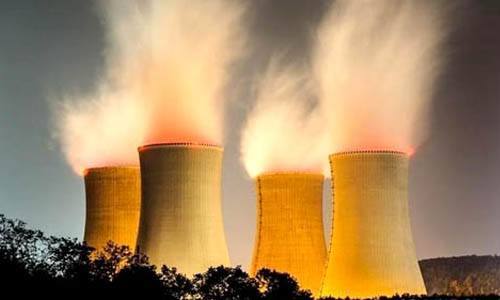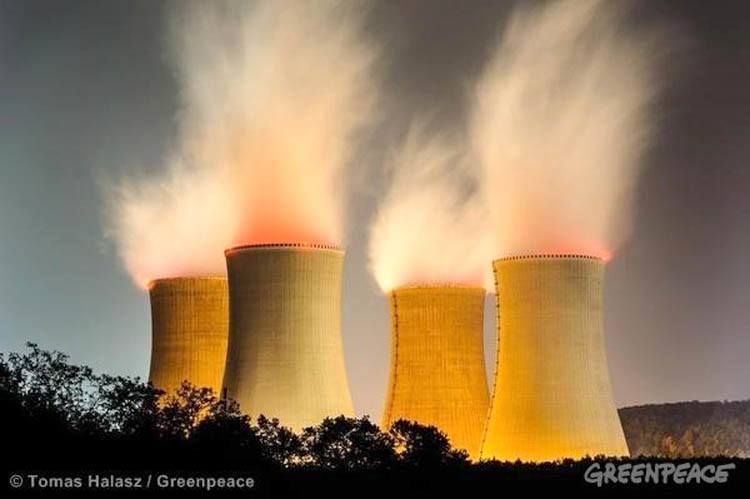
Why the UK Government Is Building 11 New Nuclear Plants Despite Mounting Criticism

Electricity from proposed new nuclear stations in the UK will be more expensive than from any other nuclear reactors in the world, yet the government is pressing ahead with its plan to build 11 new installations, despite mounting criticism.
This contrasts sharply with Germany’s policy of phasing out nuclear power altogether—and experts in nuclear policy now see a possible explanation in the fact that Britain is a nuclear weapons state, while Germany has no wish to be one.
The UK’s approach also differs from that of France, which is investing heavily in renewables to cut its reliance on the atom. All three countries say their policies are based on the need to reduce greenhouse gases.
Renewables have already created more jobs and wealth in Germany than nuclear power, while Britain is cutting back drastically on support for solar power and on-shore wind in favor of nuclear stations designed and built by companies from France, China, Japan and the U.S.
Strange Mismatch
The strange mismatch between Europe’s two largest economies, Germany and the UK, is puzzling experts, especially since the International Energy Agency and the OECD Nuclear Energy Agency say in the 2015 Projected Costs of Generating Electricity report that Britain’s plans will make its nuclear electricity the most expensive in the world.
The guaranteed subsidy for the new stations from the British government to the French government-owned company EDF makes the cost of electricity one-fifth more than nuclear energy in France, a third more than in the U.S., and twice that of China or Korea.
This has caused a number of influential figures in the UK to call on the government to reconsider its program. The Financial Times business newspaper called it a “misconceived project.”
The Conservative government, elected in May, lacks a coherent energy policy after cutting subsidies for on-shore wind and solar, but sticks to its line that nuclear power is essential for turning Britain into a low-carbon economy.
Academics have been examining Britain’s secretive decision-making processes to try to discover why two economies as similar as Germany’s and the UK’s—both countries wanting to reduce fossil fuel use in order to cut greenhouse gas emissions—should take such divergent decisions.

 233k
233k  41k
41k  Subscribe
Subscribe 
